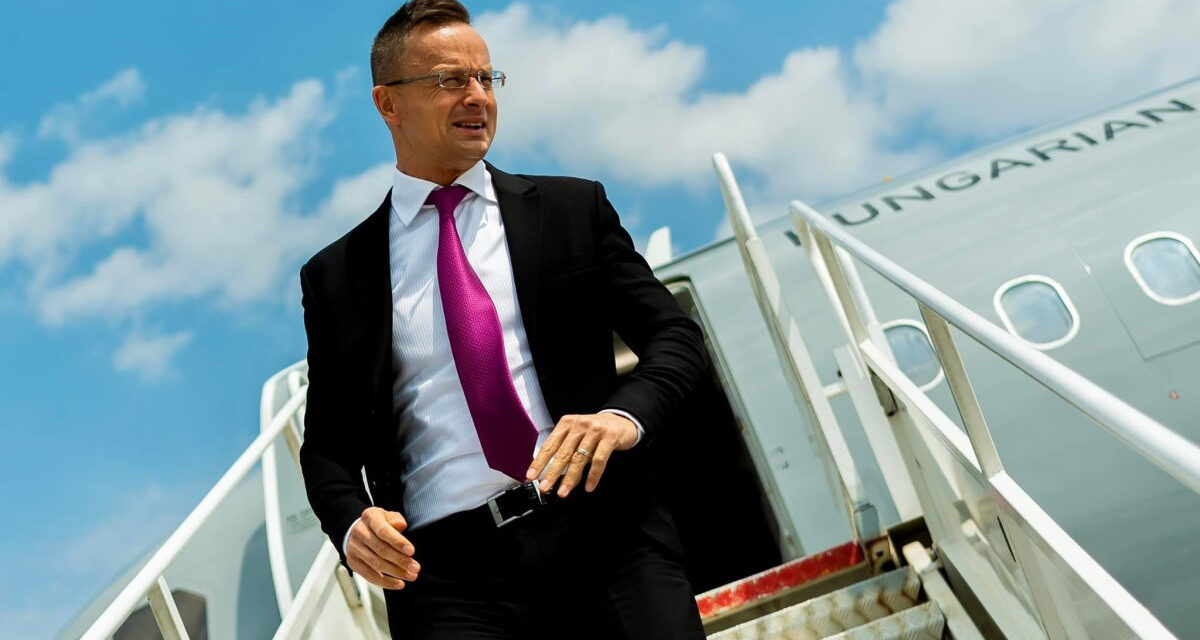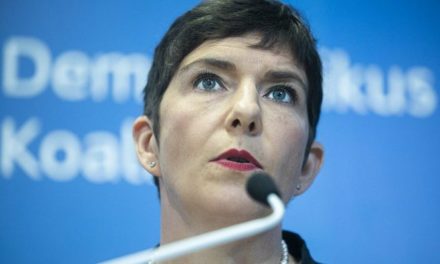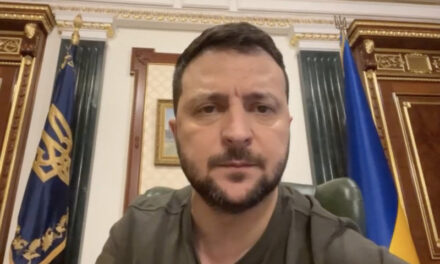By refusing for the time being to finance the expansion of the capacity of the energy infrastructure, Brussels has lost all legal grounds to have a say in where Central Europe, and Hungary within it, buys natural gas from, Minister of Foreign Affairs and Trade Péter Szijjártó said in Budapest on Monday.
At the joint press conference with his Azeri colleague Ceyhun Bayramov after the first session of the bilateral strategic dialogue, the head of the ministry emphasized that in recent years it was clear that the closer the cooperation between the two countries is, the more our country benefits from it in terms of the security of energy supply and the maintenance of economic growth. .
In the former field, he called diversification and the involvement of new sources of natural gas important, and underlined that Azerbaijan can represent a realistic alternative not only from a Hungarian perspective, but also from a European perspective.
"It is good news that after many years of negotiations, the physical flow of natural gas between Azerbaijan and Hungary started this year"
- he said, recalling that an agreement was reached on the purchase of 100 million cubic meters and the storage of 50 million cubic meters.
He then added that the government would like to further increase this amount, roughly to one billion cubic meters per year.
"Whether this will be successful is no longer up to us, not even the Azeris, but the European Union. The situation is that the South-Eastern European infrastructure currently does not have sufficient capacity to meet the diversification needs of the Central European countries," he said.
He highlighted:
the capacity expansion is insufficient to involve Azeri, Turkish and Qatari resources in the supply of the region, and all this will remain just a dream until the EU is willing to support it.
"Since the European Union refuses to contribute to the financing for the time being, Brussels has lost all legal grounds to have a say in the countries of Central Europe, including Hungary, from where they buy natural gas or where they don't," he said .
Péter Szijjártó stated that the relations between the two countries are also important in terms of maintaining economic growth, which is well demonstrated by the fact that the trade turnover in the first half of this year was twice as large as in the whole of last year. According to him, the main reason for this is the continuous expansion of Hungarian pharmaceutical exports and energy imports.
He welcomed the agreement, according to which Hungarian companies can participate in the reconstruction of the Nagorno-Karabakh region after the destruction of the war, which means many tens of millions of dollars in opportunities. Also, that two domestic pharmaceutical companies are about to invest in the South Caucasus state, and recently Hell Energy also decided to build a plant there worth about 200 million dollars.
"I remember when we started to build our relations with Azerbaijan in 2010-11, then here in Europe they didn't even laugh at us, they looked down on us because of it (...) So it's funny to see how Western European leaders are now pushing each other in Baku to to take a photo together with President Aliyev"
he declared.
"However, our friendship is not dependent on the economic situation, we have not only been friends since it was discovered that you have natural gas," he concluded.
In response to a journalist's question about the person of the next president of the European Commission, the minister believed that the continent "did very badly" with the current head of the Brussels body, Ursula von der Leyen.
During his tenure, China took over from the EU the second place in the global ranking of gross domestic product (GDP), meanwhile the threads of East-West cooperation are being cut one by one, not to mention that the community is severely discriminating against Poland and Hungary
he listed.
Responding to another topic, he reiterated that as long as Ukraine tramples on the rights of national minorities, the protection of which is an important EU basic value, the government will not agree to the accession negotiations.
In this regard, he expressed his doubts that the Kyiv leadership would be willing to change its policy of disenfranchisement, and, as he said, for the time being, despite the various statements, it does not seem as if they are trying to do so.
MTI
Photo: MTI












